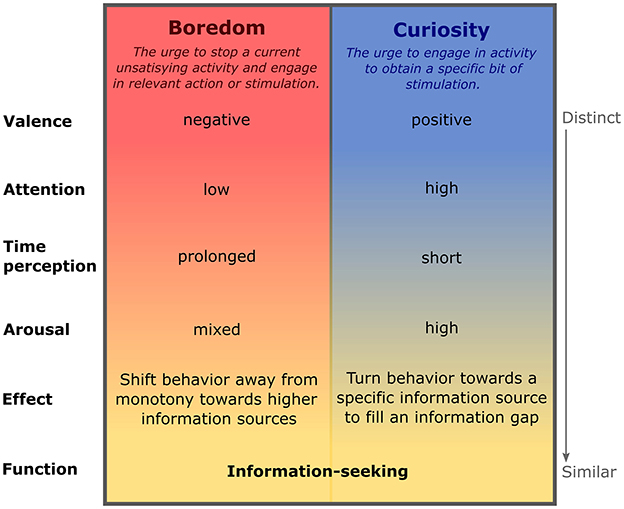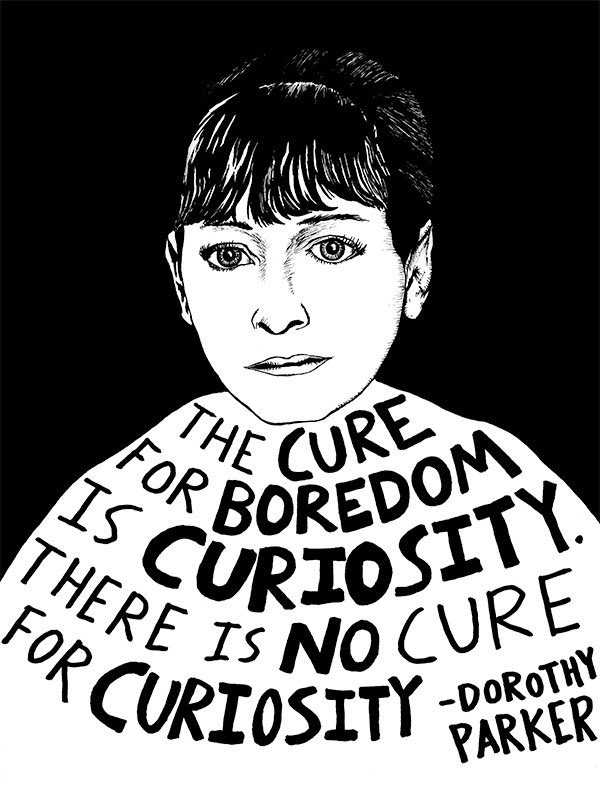Introduction
Picture this: You’re stuck in a waiting room with no Wi-Fi, no magazines, and a phone battery hanging on at 2%. You tap your foot. You sigh. You count the ceiling tiles. “I’m so bored,” you mutter.
Boredom is one of those universal experiences—everyone hates it, nobody wants it, and yet, oddly enough, psychologists say it might be good for you. In fact, boredom may be one of the secret engines of human creativity. It’s the paradox we’ve all lived but rarely considered: boredom feels terrible in the moment, but it can spark some of the best ideas, inventions, and stories in history.
So buckle up—we’re about to dive into the science, psychology, and surprising power of boredom.
Read More: Sleep and Mental Health
What Is Boredom, Really?
At first glance, boredom seems simple: it’s what happens when nothing is happening. But psychologists define it more carefully. Boredom is a state of under-stimulation—your brain wants engagement, but your environment isn’t delivering.
It usually includes three ingredients:
- Low arousal (you’re not excited or energized).
- Negative feelings (it’s unpleasant).
- Restlessness (the “get me out of here” itch).
There’s also a difference between state boredom (temporary, like waiting for your friend to finish shopping) and trait boredom proneness (a personality-level tendency to get bored easily). The latter can make life more frustrating, but it also pushes some people to seek novelty and adventure.

Why We Hate Being Bored
Our brains are built for stimulation. Every ding of a notification, every flicker of TikTok, every headline or meme is a tiny shot of dopamine. When all that stops, our nervous system slams on the brakes—and we feel the void.
Think about kids in the backseat on a road trip. The second the iPad dies, the wailing begins. But it’s not just kids. Adults, too, can’t sit still in the silence. One famous study found that many participants preferred giving themselves painful electric shocks rather than sitting alone with their thoughts for 15 minutes. That’s how much we hate boredom.
The Secret Gift of Boredom
Here’s the twist: boredom might be exactly what our brains need sometimes.
When you’re under-stimulated, your mind starts to wander. Instead of focusing outward, you turn inward, tapping into the default mode network—basically the brain’s “idle” system. That’s where daydreaming, reflection, and idea-generation live.
Ever noticed that your best ideas pop up in the shower, on a long walk, or while staring out a bus window? That’s boredom doing its magic.
Psychologists call this the incubation effect: stepping away from stimulation allows hidden connections and creative solutions to bubble up.

Boredom Through History
Our ancestors might not have had Netflix, but they had plenty of downtime. Waiting for the hunt, walking miles, sitting around fires—periods of “nothing happening” were built into human life. Far from wasted time, these lulls likely gave space for storytelling, music, rituals, and problem-solving to emerge.
Fast forward to today: in a world of constant digital stimulation, boredom feels like a crisis. But maybe it’s actually an endangered resource—one we need to protect.
The Boredom-Creativity Link
-
In one experiment, people asked to do a mind-numbing task (copying phone numbers out of a directory) later came up with more creative uses for a plastic cup than those who skipped the boring task. In other words: boredom fueled imagination.
-
Another study found that boredom motivates people to seek out novelty and meaning. When life feels dull, we’re more likely to explore, take risks, or try something new.
It seems boredom is less about “nothing happening” and more about a signal from the brain: Hey, do something interesting with your life.

The Dark Side of Boredom
Of course, not all boredom is magical. Too much of it, especially without healthy outlets, can lead to trouble. Chronic boredom is linked to risky behaviors like gambling, substance use, or reckless driving. It’s also been associated with depression and anxiety.
The difference seems to lie in how we respond. Some channel boredom into curiosity and creativity; others spiral into destructive habits.
Modern Life
Today, boredom is almost extinct—or at least, we try very hard to kill it. Waiting in line? Check your phone. Two spare minutes? Scroll. Even bathroom breaks aren’t safe from Instagram.
But here’s the catch: if we constantly fill every micro-moment with stimulation, we never give boredom a chance to work its deeper magic. It’s like overusing a painkiller—you avoid discomfort, but you also miss the body’s natural signals.
Training Yourself to “Bore Better”
So, how do you make boredom work for you instead of against you?
- Embrace the pause. Next time you’re stuck waiting, resist the urge to pull out your phone. Let your mind wander instead.
- Schedule “unplugged time.” Take a walk without earbuds. Sit in the park with nothing but a notebook. You’ll be amazed what surfaces.
- Reframe boredom. Instead of seeing it as wasted time, think of it as a creative incubator. Your brain is composting ideas in the background.
- Channel it into play. Doodle, hum, daydream—simple activities can turn restlessness into invention.
The Boredom Paradox
Here’s the heart of the paradox: boredom is awful in the moment but beneficial in the long run. It’s like spinach for the mind. Nobody craves it, but it nourishes parts of the brain that constant stimulation starves.
The real trick isn’t to eliminate boredom—it’s to harness it. To let it push us toward curiosity, creativity, and meaning.
Conclusion
The next time you find yourself sighing in a waiting room, staring at ceiling tiles, or listening to elevator music, remember this: boredom isn’t the enemy. It’s a whisper from your brain saying, “There’s more to discover. Let’s find it.”
So don’t just survive boredom. Use it. Let your thoughts wander, let your mind play. You might just stumble on your next great idea.
References
Bench, S. W., & Lench, H. C. (2013). On the function of boredom. Behavioral Sciences, 3(3), 459–472.
Eastwood, J. D., Frischen, A., Fenske, M. J., & Smilek, D. (2012). The unengaged mind: Defining boredom in terms of attention. Perspectives on Psychological Science, 7(5), 482–495.
Mann, S., & Cadman, R. (2014). Does being bored make us more creative? Creativity Research Journal, 26(2), 165–173.
van Tilburg, W. A., & Igou, E. R. (2012). On boredom and social identity: A pragmatic meaning-regulation approach. Personality and Social Psychology Bulletin, 38(12), 1679–1691.
Subscribe to PsychUniverse
Get the latest updates and insights.
Join 3,036 other subscribers!
Niwlikar, B. A. (2025, September 18). The Paradox of Boredom and 3 Important Ingredients of It. PsychUniverse. https://psychuniverse.com/paradox-of-boredom/



